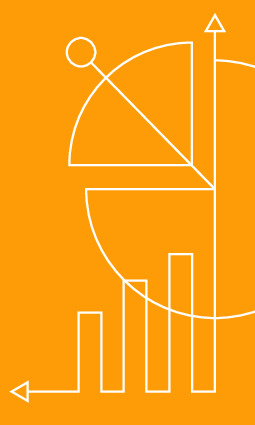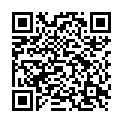|
|
|
| Module code: MARPF-574 |
|
|
4V (4 hours per week) |
|
6 |
| Semester: according to optional course list |
| Mandatory course: no |
Language of instruction:
German |
Assessment:
Written exam (90 minutes / can be repeated semesterly)
[updated 20.11.2019]
|
MAMS-574 (P420-0448) Marketing Science, Master, ASPO 01.04.2016
, optional course
MAMSc-574 Marketing Science, Master, SO 01.04.2025
, optional course
MARPF-574 (P420-0448) Accounting and Finance, Master, ASPO 01.10.2017
, optional course
MASCM-574 Supply Chain Management, Master, ASPO 01.04.2017
, optional course
|
60 class hours (= 45 clock hours) over a 15-week period.
The total student study time is 180 hours (equivalent to 6 ECTS credits).
There are therefore 135 hours available for class preparation and follow-up work and exam preparation.
|
Recommended prerequisites (modules):
None.
|
Recommended as prerequisite for:
|
Module coordinator:
Prof. Dr. Christoph Freichel |
Lecturer: Prof. Dr. Christoph Freichel
[updated 15.03.2019]
|
Learning outcomes:
After successfully completing this module, students will be able to:
- understand and use the term digitization, assess the relevant opportunities and risks and classify its significance for finance and accounting,
- explain current developments and trends with regard to applicable practice-relevant tools in finance and accounting,
- understand the GoBD (Grundsätze zur ordnungsmäßigen Führung und Aufbewahrung von Büchern, Aufzeichnungen und Unterlagen in elektronischer Form sowie zum Datenzugriff) and assess its relevance,
- deal with problems, e.g. susceptibility to fraud, using of digital tools,
- assess the influence of digital tools on the preparation of bookkeeping, as well as individual or consolidated financial statements and understand some of the software applications that can be used for this,
- recognize the influence digitization can have on an auditor´s work and which IT-supported tools should be used for specific test fields,
- describe how mass data in finance and accounting is analyzed (final analysis and simulation) and can be used for data and risk analysis purposes,
- evaluate the benefits of using digital tools to provide decision-relevant information for management.
[updated 20.11.2019]
|
Module content:
I. Introduction to digitization in finance and accounting
II. Digitization approaches in bookkeeping and document management
III. Digitization options for the preparation of annual financial statements
IV. Final analyses with the help of digital tools (simulation)
V. Mass data evaluation (BigData in finance and accounting) _ Data and risk analyses
VI. Digitized annual audit
VII. Digitization tendencies in consolidated accounting
[updated 20.11.2019]
|
Teaching methods/Media:
Lecture and exercises
[updated 20.11.2019]
|
Recommended or required reading:
Greulich, S./Riepolt, J.: Digitalisierung von Geschäftsprozessen im Rechnungswesen, Nürnberg, latest edition.
Kischporski, M.: Elektronischer Rechnungsdatenaustausch mit E-Invoicing, Köln, latest edition.
Mindermann, T./Brösel, G.: Buchführung und Jahresabschlusserstellung nach HGB, Berlin, latest edition.
Schildbach, T./Stobbe, T./Freichel, C./Hamacher, K.: Der handelsrechtliche Jahresabschluss, Sternenfels, latest edition.
Brösel, G./Freichel, C./Toll, M./Buchner, R.: wirtschaftliches Prüfungswesen, München, latest edition.
Küting, K./Weber, C.-P.: Der Konzernabschluss: Praxis der Konzernrechnungslegung nach HGB und IFRS, Stuttgart, latest edition.
Suden P.: Die elektronische Rechnung in Handels- und Steuerrecht, Wiesbaden, latest edition.
[updated 20.11.2019]
|


